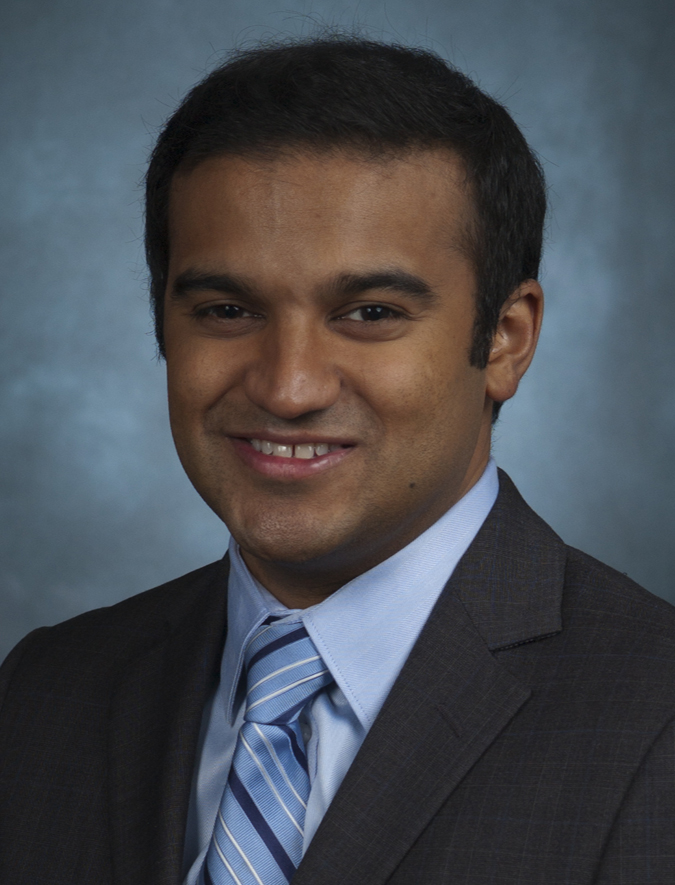Physician assessment and management of complex colon polyps: a multicenter video-based survey study Journal Article
Local Library Link: Find It @ Loyola
| Authors: | Aziz Aadam, A.; Wani, S; Kahi, C.; Kaltenbach, T.; Oh, Y.; Edmundowicz, S; Peng, J.; Rademaker, A.; Patel, S; Kushnir, V.; Venu, M; Soetikno, R.; Keswani, R. N. |
| Article Title: | Physician assessment and management of complex colon polyps: a multicenter video-based survey study |
| Abstract: | OBJECTIVES: The management of complex colorectal polyps varies in practice. Accurate descriptions of the endoscopic appearance by using a standardized classification system (Paris classification) and size for complex colon polyps may guide subsequent providers regarding curative endoscopic resection vs. need for surgery. The accuracy of this assessment is not well defined. Furthermore, the factors associated with decisions for endoscopic vs. surgical management are unclear. To characterize the accuracy of physician assessment of polyp morphology, size, and suspicion for malignancy among physician subspecialists performing colonoscopy and colon surgery. In addition, we aimed to assess the influence of these polyp characteristics as well as physician type and patient demographics on recommendations for endoscopic vs. surgical resection of complex colorectal polyps. METHODS: An online video-based survey was sent to gastroenterologists (GIs) and gastrointestinal surgeons affiliated with six tertiary academic centers. The survey consisted of high-definition video clips (30-60 s) of six complex colorectal polyps (one malignant) and clinical histories. Respondents were blinded to histology. Respondents were queried regarding polyp characteristics, suspicion for malignancy, and recommendations for resection. RESULTS: The survey response rate was 154/317 (49%). Seventy-eight percent of respondents were attending physicians (91 GIs and 29 surgeons) and 22% were GI trainees. Sixteen percent of respondents self-identified as specialists in complex polypectomy. Accurate estimation of polyp size was poor (28.4%) with moderate interobserver agreement (k=0.52). Accuracy for Paris classification was 47.5%, also with moderate interobserver agreement (k=0.48). Specialists in complex polypectomy were most accurate, whereas surgeons were the least accurate in assigning Paris classification (66.0 vs. 28.7%, P0.0001). Specialists in complex polypectomy were most likely to correctly identify the malignant lesion compared with other physicians (87.5 vs. 56.2%, P=0.008). Surgical removal of colon adenomas was recommended least frequently by specialists in complex polypectomy (3.1%) compared with nonspecialists in complex polypectomy (13.3%); surgeons were most likely to recommend surgical resection (17.2%, P=0.009). There were no differences in recommendations for endoscopic vs. surgical resection observed on the basis of years in practice, polyp morphology (polypoid vs. nonpolypoid), polyp location (right vs. left colon), or patient ASA class. CONCLUSIONS: In this large survey of GIs and surgeons, physician specialty was strongly associated with accurate polyp characterization and a recommendation for endoscopic resection of complex polyps. Surgeons were most likely to recommend surgical resection of complex nonmalignant colorectal polyps compared with specialists in complex polypectomy who were the least likely. Therefore, collaboration with specialists in complex polypectomy may be helpful in determining the appropriate management of complex colon polyps. Further teaching is needed among all specialists to improve accurate communication and ensure optimal management of these lesions. |
| Journal Title: | The American Journal of Gastroenterology |
| Volume: | 109 |
| Issue: | 9 |
| ISSN: | 1572-0241; 0002-9270 |
| Publisher: | Unknown |
| Journal Place: | United States |
| Date Published: | 2014 |
| Start Page: | 1312 |
| End Page: | 1324 |
| Language: | eng |
| DOI/URL: | |
| Notes: | GR: P30CA060553/CA/NCI NIH HHS/United States; JID: 0421030; 2013/10/23 [received]; 2014/03/04 [accepted]; 2014/07/08 [aheadofprint]; ppublish |
LUC Authors
-
 17
17Venu
Related LUC Article
